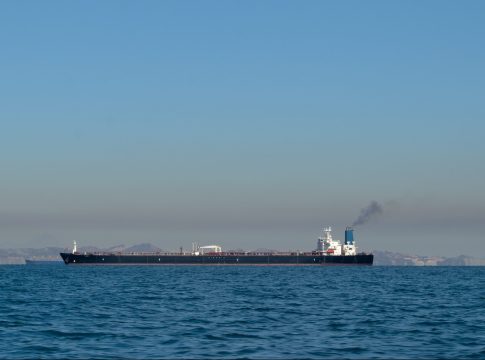Iran’s Bold Move: Legislators Vote to Close the Strait of Hormuz Amid U.S. Airstrikes
In a dramatic escalation of tensions with the West, Iran’s lawmakers have taken a significant step, voting to potentially close the critically important Strait of Hormuz. This bold decision follows a series of recent U.S. airstrikes targeting Iranian nuclear and military installations, including strikes in Natanz and Tehran that were executed with Israeli intelligence support. The airstrikes, the most aggressive U.S. military action in the region in years, have sent shockwaves through Iran, prompting its foreign minister to assert that the country “reserves all options to defend its sovereignty.”
What’s at Stake?
The Strait of Hormuz is not just a body of water; it’s a major artery for global commerce, with about 20% of the world’s oil supply flowing through its narrow passage daily. A closure would have profound repercussions, not only for the economies of oil-exporting nations like Saudi Arabia and the UAE, but also for consumers around the globe.
For Now, the Strait Stays Open
Despite the July 2025 parliamentary vote to close the Strait, the decision is non-binding and requires further approval from Iran’s Supreme National Security Council and the Supreme Leader, Ayatollah Khamenei. While the wheels of policy are turning, it’s crucial to note that the Strait remains open as of now.
A History of Threats
Iran has long threatened to close the Strait of Hormuz during times of heightened conflict, but it has never officially enacted such a closure. This latest vote does reveal the growing frustration within Iran regarding U.S. actions and the palpable tension that continues to uncoil in the region.
Global Repercussions
Should the Strait be closed, the consequences would ripple across global energy markets swiftly. Oil prices would likely skyrocket, leaving gas prices at the pump to climb as consumers brace for shortages, especially in nations that heavily rely on Gulf oil.
U.S. Secretary of State Marco Rubio has highlighted the international stakes involved, urging global powers like China—who depend significantly on oil from the Strait—to engage in dialogue. He emphasized that closing the strait would amount to “economic suicide” for Iran, which relies heavily on this passage to export its own oil.
As the world’s third-largest oil producer in OPEC, Iran pumps around 3.3 million barrels of oil daily, with a remarkable 1.6 million barrels exported, mainly to China. This relationship adds another layer of complexity to the brewing conflict and underscores the tangled web of economic interests at play.
A Critical Moment
As tensions simmer, the international community watches with bated breath—a possible closure of the Strait could set off a domino effect, reshaping global energy dynamics and inviting further conflict. All eyes will be on Iran’s next moves as the story unfolds. Will they go through with this bold measure, or is it merely a political stunt in a high-stakes game of global chess? Stay tuned; the drama is far from over.

Covers viral stories, pop culture, and breaking celebrity news.
Bio: Jamie has a sharp eye for what’s buzzing online, tracking social media trends and entertainment headlines around the clock.

